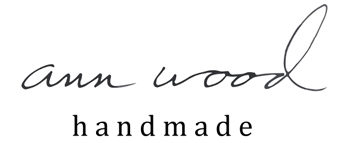
The circus has been rolling around in my imagination for a while. It got mixed up in the scraps and fabrics I brought back from France with me. It bumped into an obsession with bicornes and cats and became a collection of rag dolls, a french circus.


My friend Mickey introduced me to the term woodshedding – in a nutshell it means a period of intense creating, refining, practicing – you can find more here.
The woodshed is my favorite place to be. Completely immersed, making tons of mistakes, failing forward in relentless pursuit of what is already real in my imagination.

They are rag dolls in their truest form. Simple, spare and playful with an inherent woebegone quality to them. I can’t wait to share them and plans for patterns and a circus workshop are already happening – scroll to the bottom for more on that.

I’ve been working on the mechanics, taking them from ideas to drawings to stitched and stuffed things and feeling for the vibe.
the vibe: A box with a dusty lid, undisturbed for decades, “CIRCUS” scrawled on the top in pencil has almost faded away. You open the box and find them, sleeping in crumpled paper, frozen in time. All at once you get a full sense of the world they lived in as loved things until the box lid closed a century ago.

Synchronicity
Everything I needed for my circus folk kept showing up – a friend sent me a scrap of red silk fringe a little while ago, another gave me a worn linen duvet in a remarkably elephanty color and a box of fabric and trim I got in France a couple summers ago all seemed like they had been waiting to be circus folk.
And the space between the idea and execution was almost nothing. I had the thought and started working. No one heard from me for days. It was glorious. It got me up early and kept me up late. There is so much there to play with – mood and color and sparkles and patterns…


















































































































